‘Recreative’, you may be asking, what is that? It is simply recreating an authentic and hands-on experience for students to write about. It is essential for junior students at the beginning of their writing journeys. It also provides a level playing field for students who may say, ‘I have nothing to write about.’
When students engage in learning experiences, they want to write about it. So, what happens during a session? When students have the experiences, I ‘gift’ language. For example, if a child is hopping along a beam, I might say, ‘wow, you are hopping like a bunny.’ ‘You are crawling across the bridge.’ ‘You are swinging like a monkey.’ I am ‘gifting’ the language, in this case, similes and adjectives. This encourages students to use the language they have heard during the experience in their writing. My modelling book records what the students say as well. This also models how to brainstorm, one form of planning students will get familiar with as they progress through school.
The process of writing is quite complex and takes time to learn. When you are only five, it can feel quite daunting. My ethos, no matter what age I teach, is to create a classroom environment where ‘we have a go’. This means students become less anxious about getting their writing perfect and concentrate on recording what they can hear and using their word cards to find the sight words they already know. Rather than saying, ‘I can’t do this,’ we are saying, ‘I can’t do this yet,’ and with practise and support, I will get there.
If you were to walk into Room 15 from 9.30 until morning tea, you would typically see students talking to Dotti, our phonics puppet. Dotti sometimes (on purpose) gets the endings wrong in the words. Students have great pleasure correcting her. They then write the end sound on their whiteboards. Once we had been through all the cards, we read our word of the day poem and practised word families associated with the word. For example, see, bee, tree. I then dictated a simple sentence to the students based on this word. During this session, students are practising a range of skills, including forming letters on their whiteboards, listening, recording, and saying the sounds of words and then making connections to other known words.
Once Phonics is complete, it is straight into our Recreative Writing session. When writing is after phonics as the students are ‘in the zone to sound out and record sounds and words they know.'
The gully experience was my favourite because I love the stairs and the slide.
Student Stories
The bubbles go up and up and up. So cool. Where are the bubbles? They went pop. By Connor
The bubbles pop when they hit hard surfaces or sharp things. By Jett
The bubbles are slippery. The bubbles went pop and pop. By Hazel
Never underestimate the richness of language and ‘feed’ or ‘gift’ rich vocabulary to your children whenever you can, and have fun along the way.
Keywords: Recreative writing, rich vocabulary, writing, phonics,
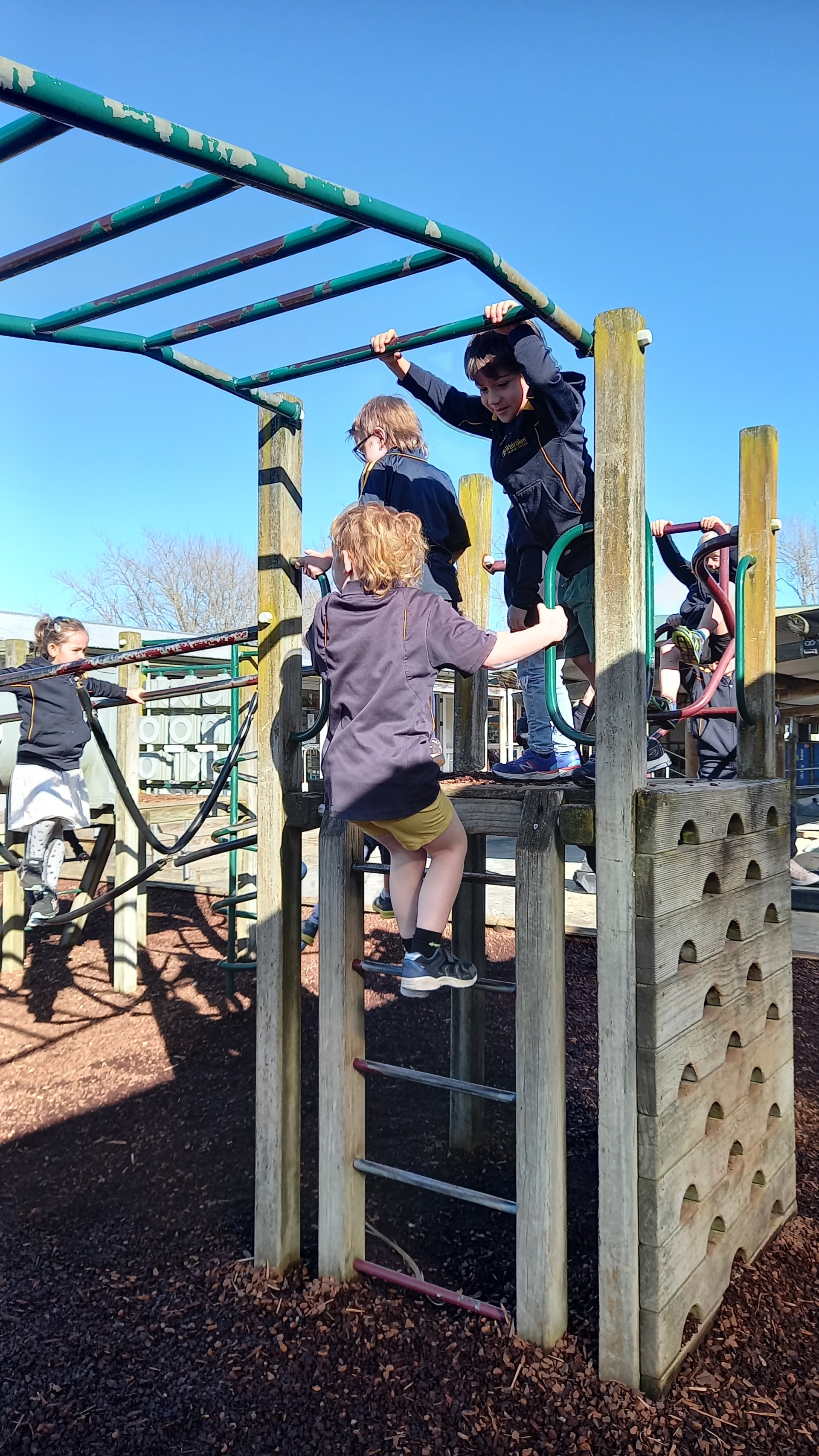
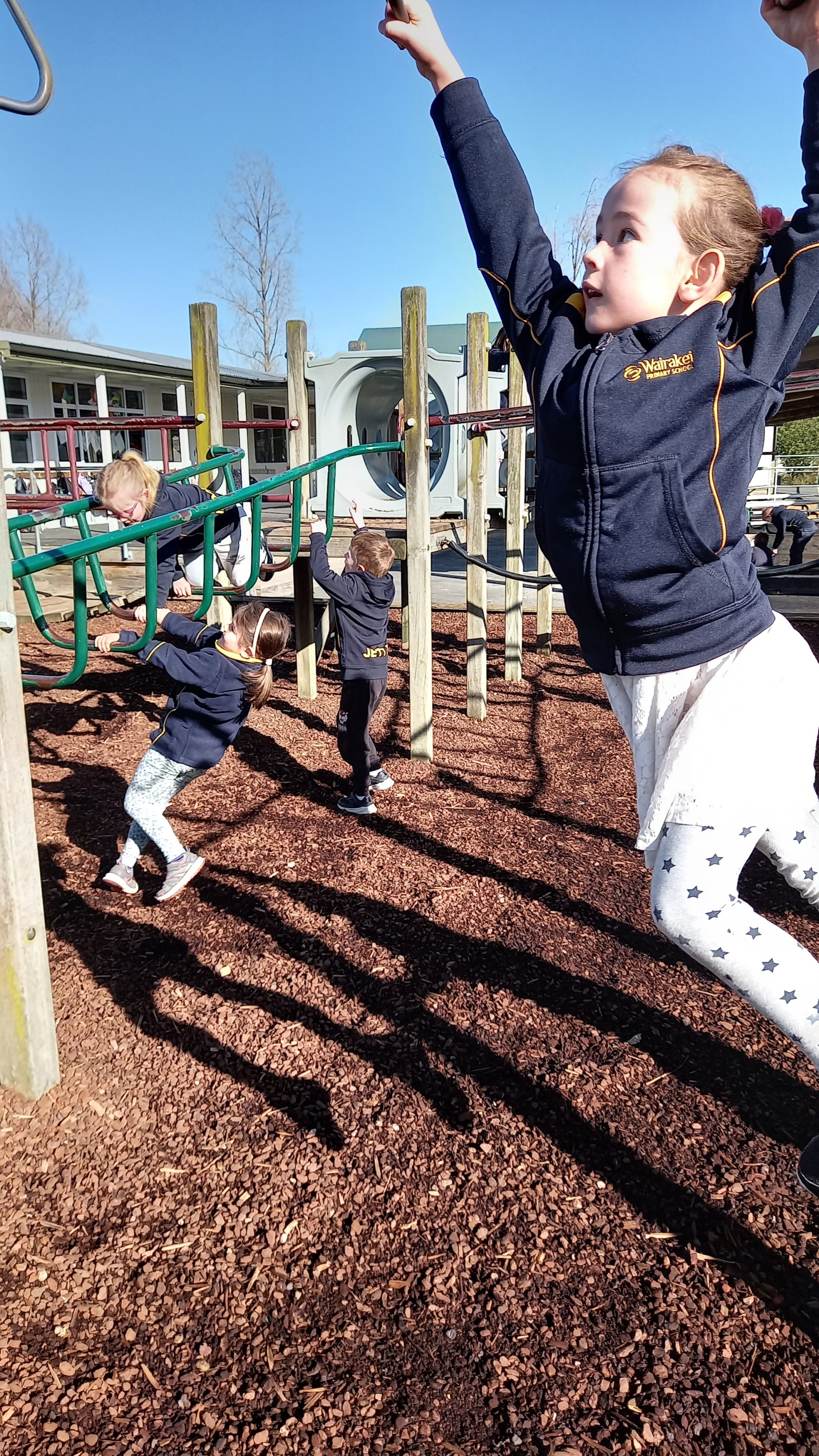

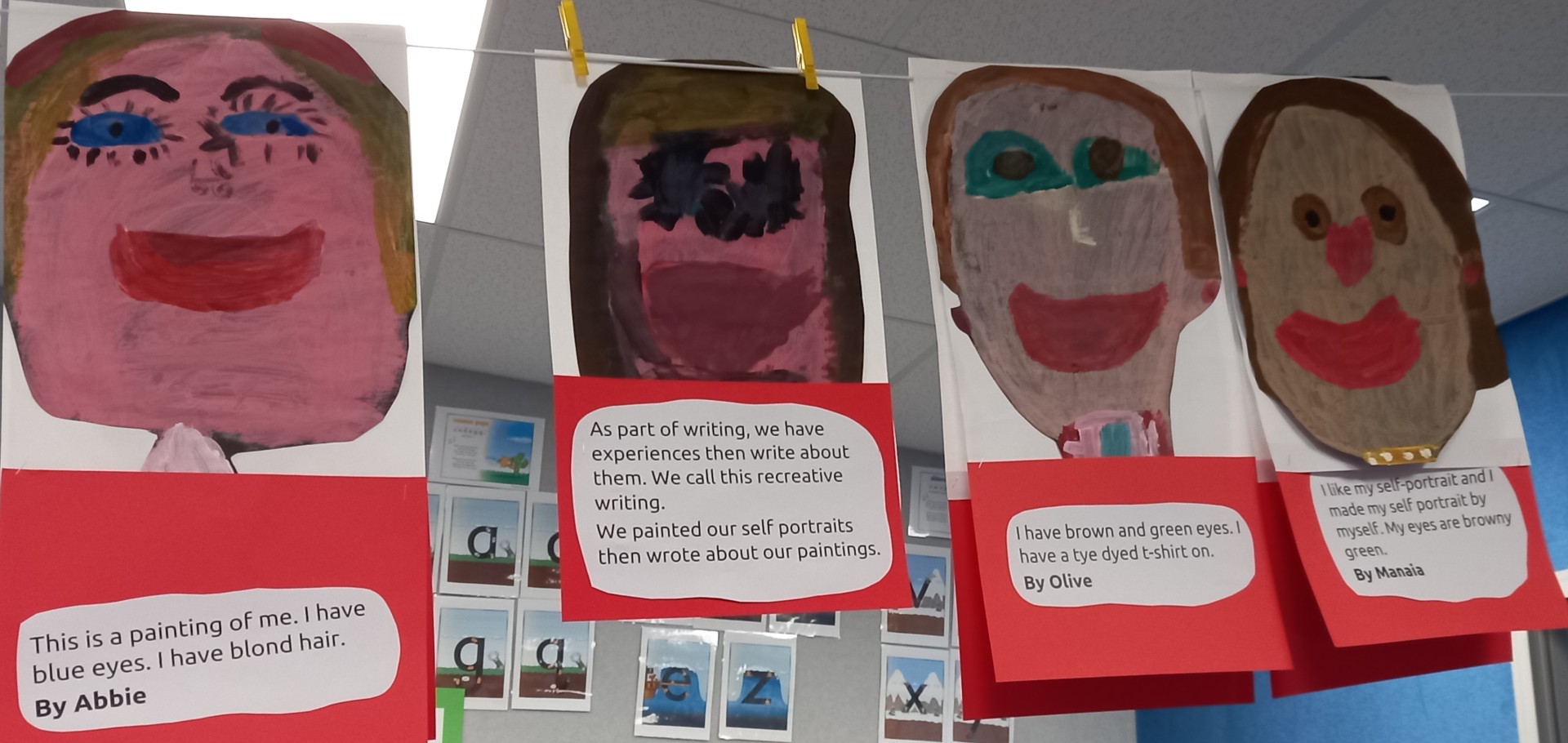
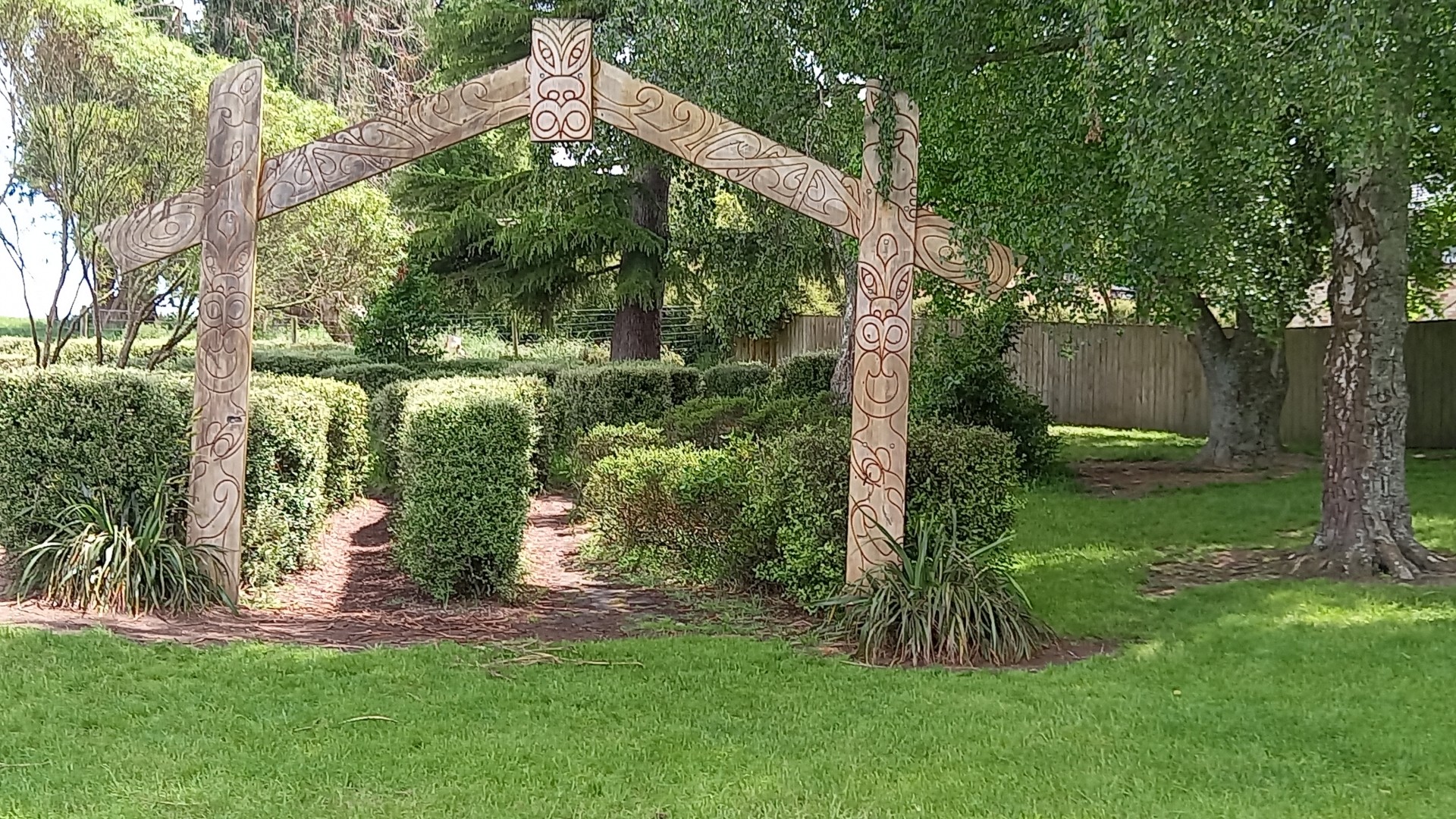
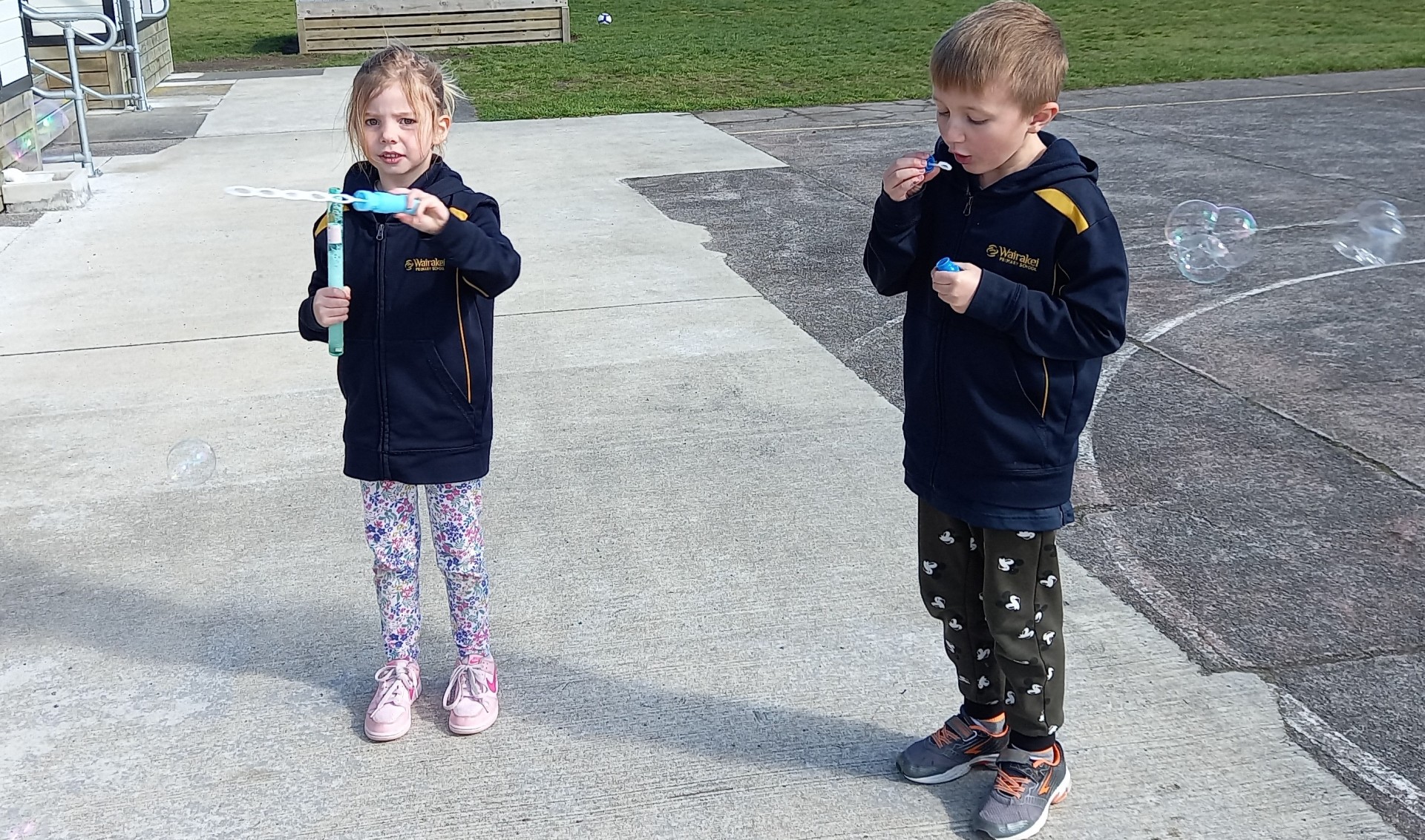
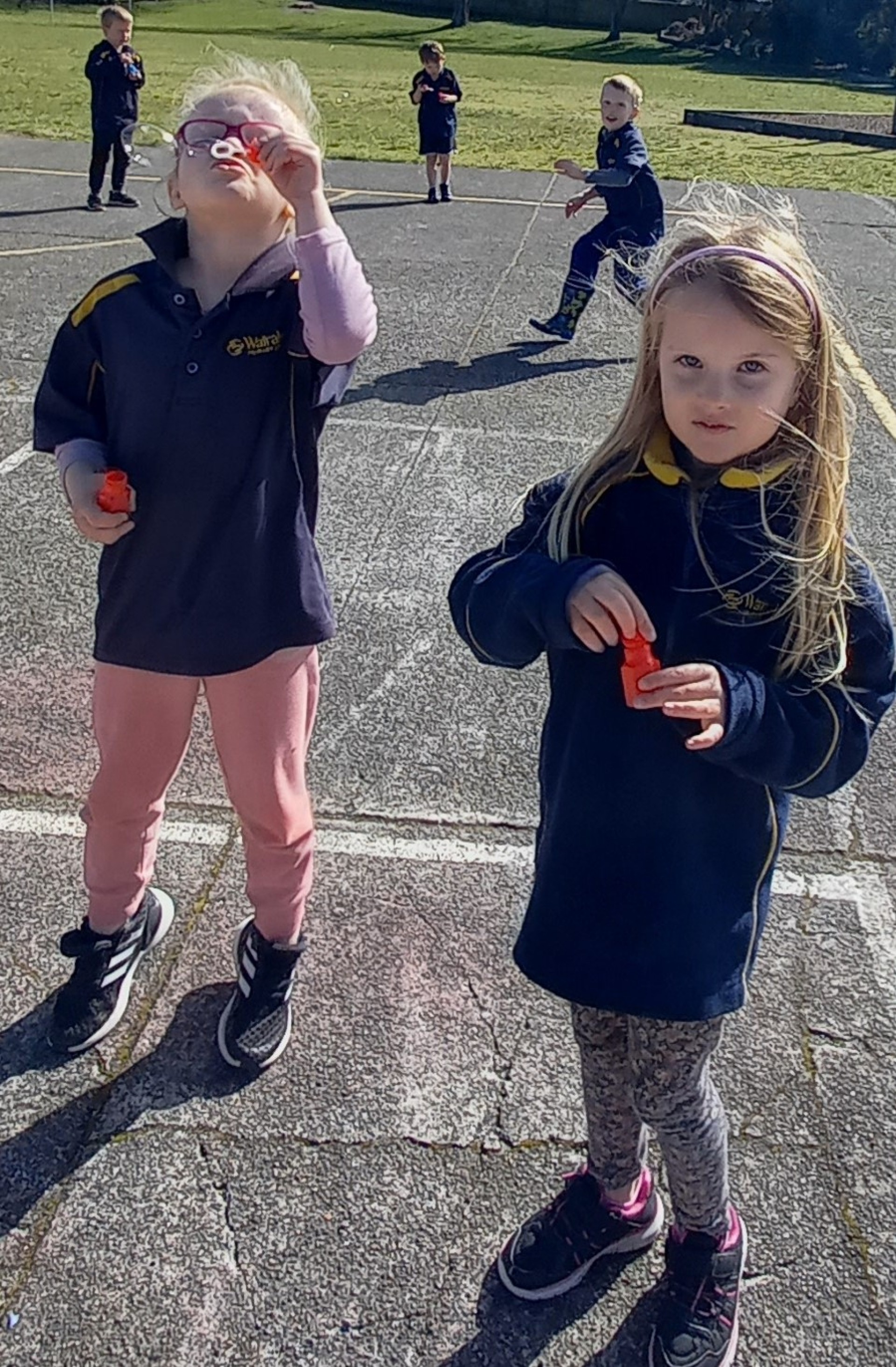
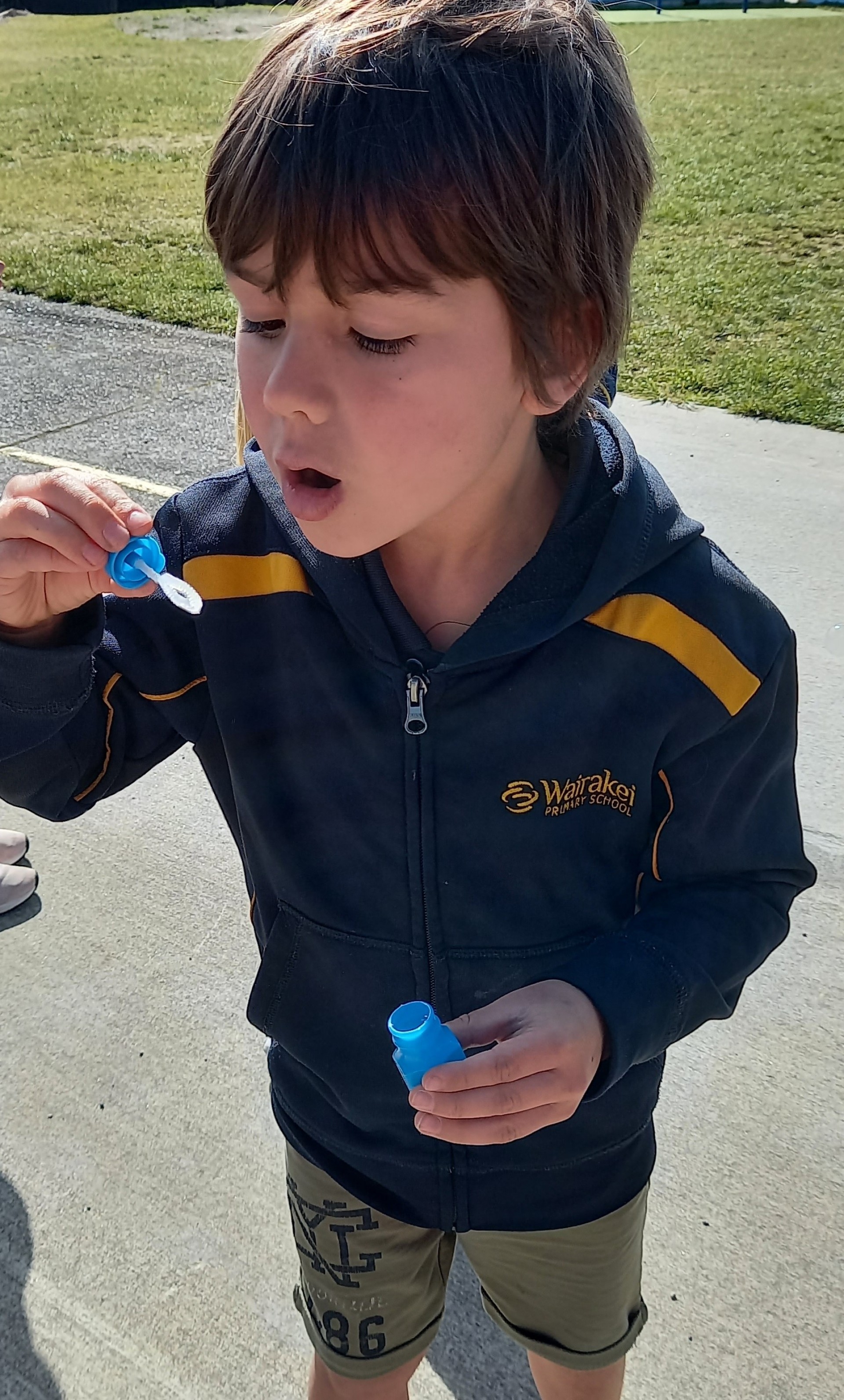

Comments are disabled for this post.